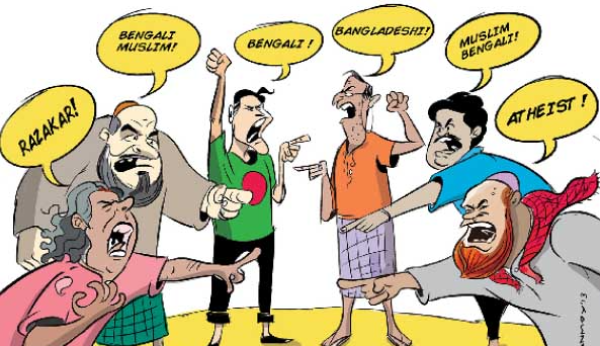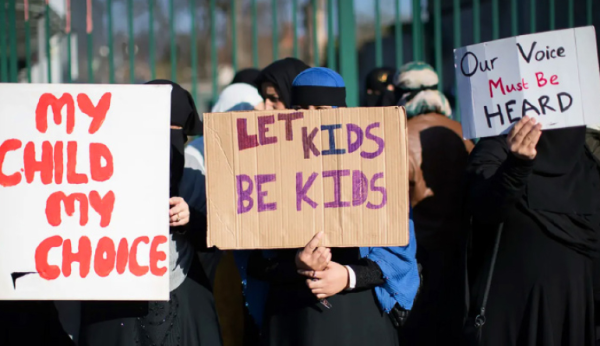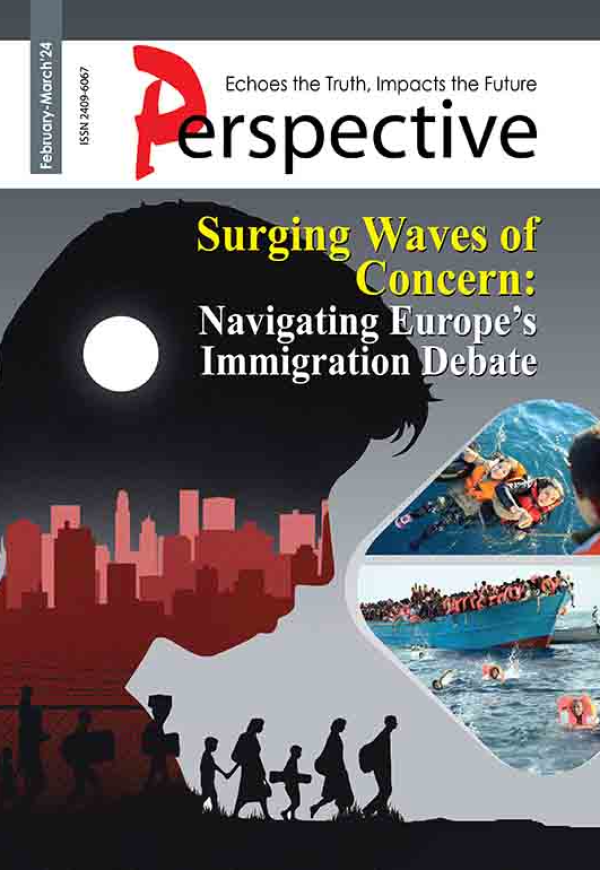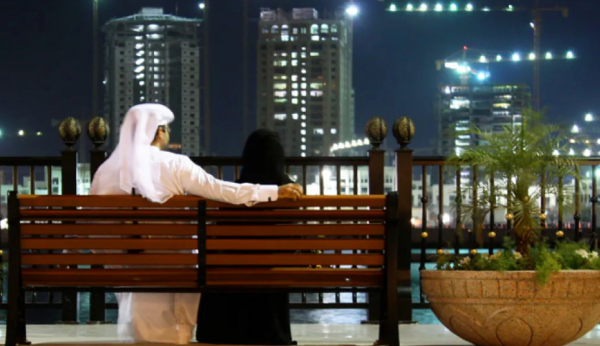CEDAW and Women Empowerment?
CEDAW and Women Empowerment?
A fundamental tenet of the UN is that women’s rights should be equal to men’s rights and the UN includes this in its organization’s preamble.
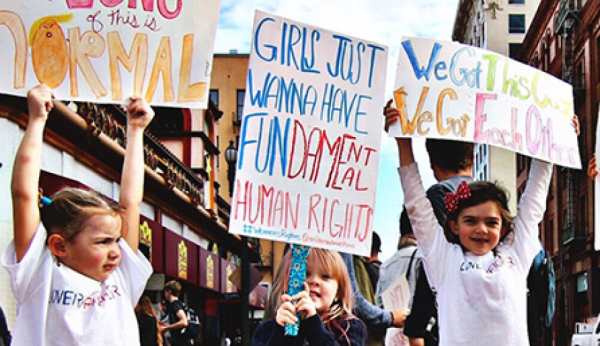
A fundamental tenet of the UN is that women’s rights should be equal to men’s rights and the UN includes this in its organization’s preamble. Also, United Nations Charter lists the affirmation of “faith in fundamental human rights, in the dignity and worth of the human person, in the equal rights of men and women” as one of the Organization’s main objectives. To implement the principle of equality, there was a need for a global deed and it was out of this need that The Convention on the Elimination of All Forms of Discrimination Against Women (Abbreviated as CEDAW) was born.
The Convention on the Elimination of All Forms of Discrimination against Women (CEDAW) was approved by United Nations (UN) general assembly as a global treaty on 18 December 1979. It has been described as the “international bill of rights for women.” CEDAW consists of six parts with 30 articles dealing with the advancement of women and guaranteeing women’s rights. Most of the countries signed this treaty and the signed countries amount was 189 when it was instituted on the 3rd September, 1981. CEDAW is a document on the equality of women and men, and the signatory countries of the world are committed to guaranteeing equality.
Actually, CEDAW helps girls and women of every age to claim their rights. Even though CEDAW mainly refers to ‘women’ but not ‘girls’, CEDAW allows girls to claim their rights at all stages: from when they are born to when they are little girls, adolescents, and grown-up women and through old age. If a girl learns how to claim her rights while she is still a child, she is more likely to be able to enjoy her rights as a woman.
CEDAW calls upon governments to take action to end discrimination against girls and women CEDAW demands that governments change laws and customs in their country so that girls and women are not discriminated against in any way. Besides, this deed protects girls and women from discrimination in education, health, work, marriage, and family life. In essence, awareness of girls’ and women’s rights is the first step in ending discrimination.
Most countries have acceded to all articles of CEDAW. But most Islamic states refuse to accept all articles of CEDAW because of their Islamic Sharia law. As an Islamic state, Bangladesh is no different from others from this point of view. At the time of CEDAW’s inception, 38 states objected to the application of Article 29 of CEDAW, which article addresses the means of settling disputes concerning the interpretation or application of the Convention.
Articles 2, 13(a), 16(c), and 16(f) of CEDAW were the only ones that Bangladesh ratified with reservations in 1984. The government cited “conflict with Sharia law based on the Holy Quran and Sunna” as justification. However, the conflict was not further described, and it was not taken into consideration that about 10% of the population is not Muslim, and therefore Sharia law does not require to apply to them.
While Bangladeshi law is nominally secular, personal laws that are largely based on religion and customs continue to govern the private sphere. These laws have an impact on family and personal matters like inheritance, marriage, and divorce. These contradict a fundamental provision of the constitution that guarantees gender equality. Indeed, it is not as if the constitution of Bangladesh does not already guarantee equal rights for women. Bangladesh’s constitution already articulated this matter in article 28(2), for example, which guarantees equal rights to all citizens “in all spheres of State and public life”
According to Ayesha Khanam, who is the president of Bangladesh Mahila Parishad and she has been working to uphold and implement the Convention since 1985; “CEDAW is a product of the global women’s movement to address gender inequality the first human rights tool solely for women.”
He adds that “The strengths of CEDAW are that it addresses state accountability—they have to implement the provisions and write periodic reports, as well as de jure and de facto inequalities and incorporates both the public sphere as well as private life.”
In 1997, the Government of Bangladesh removed its reservations to article 13(a), which deals with the right to family benefits, and 16.1(f), which deals with equal guardianship. Women’s rights during marriage and divorce are still covered by Sections 2 and 16.1(c).
Article 2 calls on ratifying state to enact laws that end discrimination against women, and article 16 deals with the equality of women in marriage, in parent-child relationships, and in divorce. The first is regarded as the foundation of the Convention. According to Khanam, “Bangladesh’s commitment to CEDAW is actually contradicted by the reservation of article 2.”. Why isn’t the women’s development policy being ratified when the government has already implemented policies and taken steps to fulfill article 2?
The Convention’s two main articles are regarded as its fundamental clauses. In its statement on the reservations, the CEDAW committee said that, “Removal or modification of reservations, particularly to articles 2 and 16, would indicate a State party’s determination to remove all obstacles to women’s full equality and its commitment to ensuring that women can participate fully in all aspects of public and private life without fear of discrimination or recrimination. “.
Although the withdrawal of reservations is under consideration (still), the government is pushing for a change in the law, but the society is not yet ready to accept such a change. So the government is taking cautious steps, aware of possible backlash from conservative religious groups. Ayesha Khanam also said about that according to women leaders, religion is used as an excuse for not ratifying Article 16.1 (c). “We are not a country governed by Sharia. A conservative section of the government has always opposed this convention,” he said. It is basically a lack of political will. How do we empower women with this conservation policy?
However, this scenario is common in Muslim countries as Islam demotivate the women to be engaged in outdoor activities with which empowerment of women is interrelated. Islamic perspective as the women is different from the perspective of west, so it would be difficult to ensure west centric women empowerment project in Muslim majority countries, no doubt.
The Writer is a member of Social Research Group (SRG) Bangladesh and student of Comilla University, Bangladesh. Email: [email protected]
 Md. Tajul Islam
Md. Tajul Islam 

